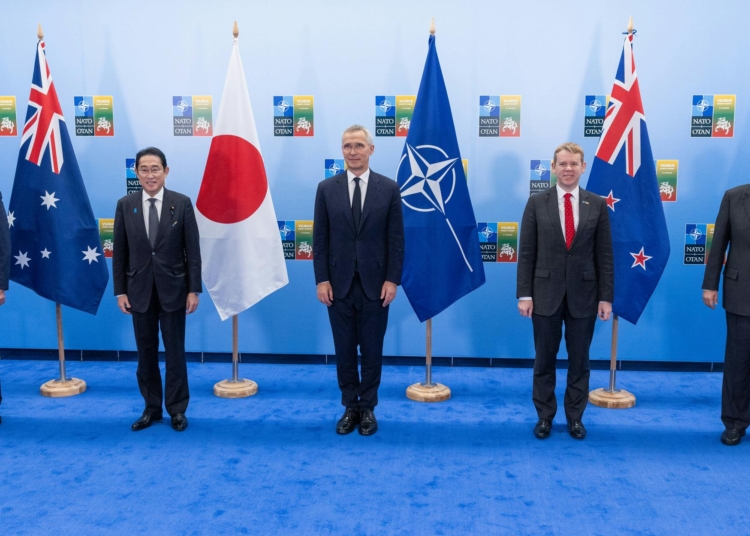NATO, the North Atlantic Treaty Organization, was established in 1949 to promote peace and security in the North Atlantic area. With 30 member countries, NATO’s primary mission is collective defense, where an attack on one member is viewed as an attack on all. This commitment to collective security is crucial in ensuring transatlantic security in the face of evolving threats such as terrorism and cyber attacks. NATO continues to adapt and modernize its capabilities to address these challenges, including increasing defense spending and enhancing cybersecurity measures. As a key player in transatlantic security, NATO remains vital in maintaining peace and stability in the region.
NATO’s Role in Ensuring Transatlantic Security
Overview
NATO, or the North Atlantic Treaty Organization, is an intergovernmental military alliance that was established in 1949 to promote peace and security in the North Atlantic area. Its primary purpose is to provide a collective defense mechanism for its member states, which currently number 30 countries.
Collective Defense
The cornerstone of NATO’s mission is its commitment to collective defense. This means that an attack on one member state is considered an attack on all member states, and each member is obligated to come to the defense of the attacked country. This principle is enshrined in Article 5 of the NATO Treaty, which states that “an armed attack against one or more of them in Europe or North America shall be considered an attack against them all.”
Transatlantic Security
NATO plays a crucial role in ensuring transatlantic security by providing a platform for cooperation and coordination between North American and European countries. With the rise of new security threats such as terrorism, cyber attacks, and hybrid warfare, NATO’s role in transatlantic security has become increasingly important.
Security Challenges
NATO faces a wide range of security challenges in the transatlantic area, including threats from Russia, terrorism, and instability in the Middle East and North Africa. NATO provides a forum for member states to discuss and coordinate responses to these challenges, and has established a number of mechanisms for collective defense and crisis management.
Adaptation and Modernization
In recent years, NATO has undertaken a number of reforms to adapt to new security challenges and modernize its capabilities. This includes increasing defense spending among member states, enhancing intelligence-sharing and cybersecurity capabilities, and strengthening partnerships with other international organizations and non-NATO countries.
Conclusion
Overall, NATO plays a crucial role in ensuring transatlantic security by providing a collective defense mechanism for its member states, promoting cooperation and coordination in the face of new security threats, and adapting to modern security challenges. As the security landscape continues to evolve, NATO will remain a key player in ensuring peace and stability in the transatlantic area.













